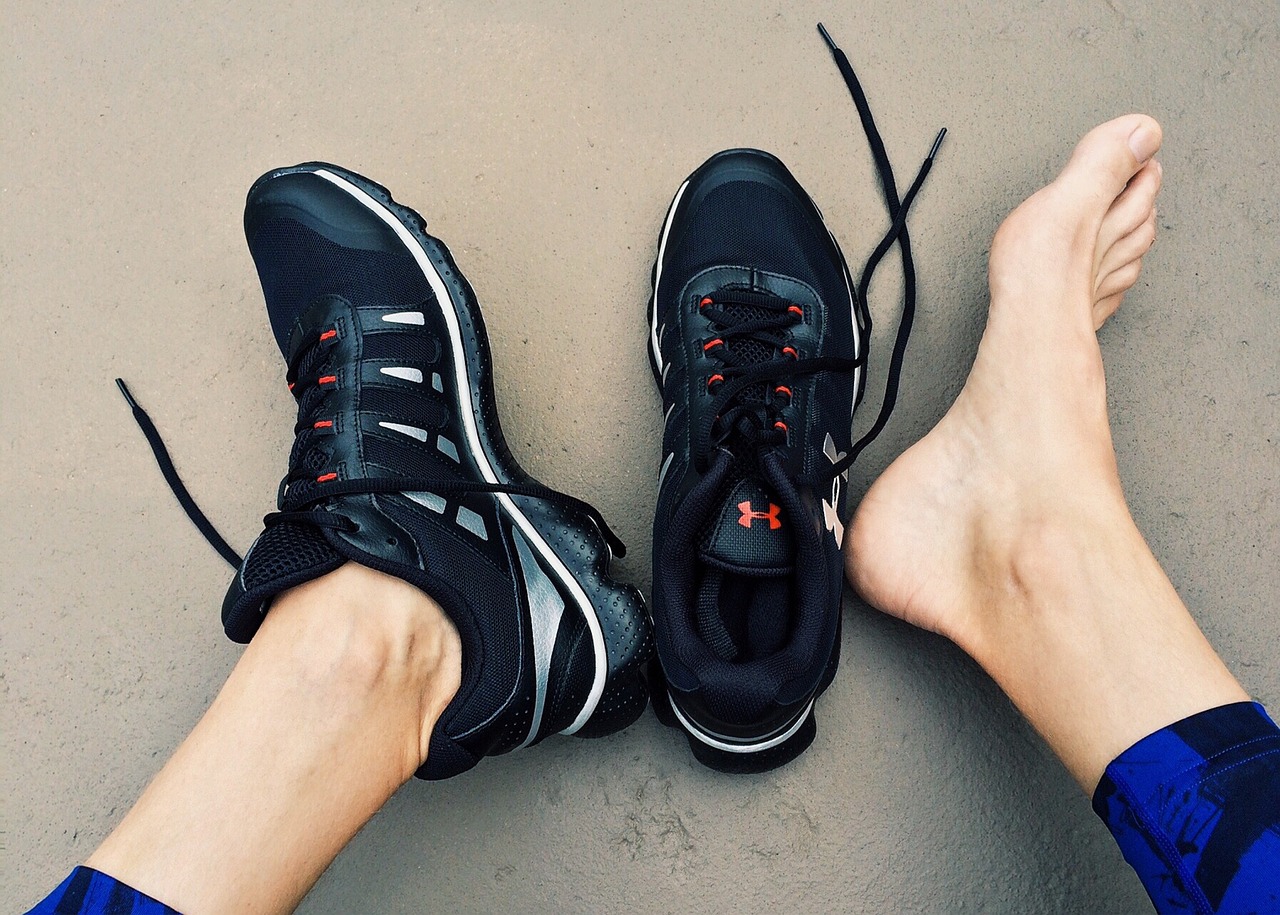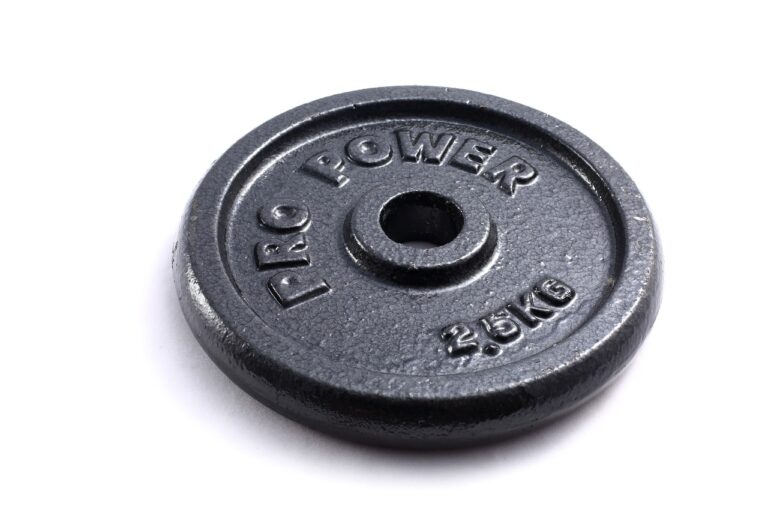Rheumatology and Mindfulness-Based Stress Reduction: Techniques for Relaxation: Allpaanel mahadev book, Laserbook247, Bat book 247
allpaanel mahadev book, laserbook247, bat book 247: Rheumatology and Mindfulness-Based Stress Reduction: Techniques for Relaxation
Living with rheumatoid arthritis or other rheumatic conditions can be challenging and often comes with its fair share of stress and anxiety. Managing chronic pain, fatigue, and the unpredictability of symptoms can take a toll on both the body and the mind. That’s where mindfulness-based stress reduction (MBSR) techniques can play a crucial role in helping individuals cope with the physical and emotional aspects of their condition.
What is Mindfulness-Based Stress Reduction?
Mindfulness-based stress reduction (MBSR) is a holistic mind-body approach that combines mindfulness meditation, body awareness, and yoga to help people manage stress, anxiety, and chronic pain. Developed by Dr. Jon Kabat-Zinn in the late 1970s, MBSR has been widely used in various clinical settings to improve the quality of life for individuals dealing with chronic illnesses, including rheumatoid arthritis, fibromyalgia, and other rheumatic conditions.
How Does MBSR Work?
MBSR teaches individuals to cultivate a state of present-moment awareness and non-judgmental acceptance of their thoughts, emotions, and bodily sensations. By learning to observe and acknowledge their experiences without trying to change or control them, individuals can develop a sense of inner calm and resilience in the face of stress and pain.
MBSR techniques involve gentle movement exercises, guided meditations, and body scans to help individuals connect with their bodies and minds in a more profound way. Through regular practice, individuals can learn to respond to stressful situations with greater clarity, compassion, and self-awareness.
Benefits of MBSR for Rheumatology Patients
Studies have shown that MBSR can have a positive impact on the physical and emotional well-being of individuals with rheumatic conditions. By reducing stress and enhancing relaxation, MBSR can help alleviate pain, improve sleep quality, and enhance overall quality of life. Additionally, MBSR can empower individuals to take an active role in managing their symptoms and coping with the challenges of living with a chronic illness.
How to Practice MBSR Techniques for Relaxation
If you’re interested in exploring MBSR techniques to help manage your rheumatoid arthritis or other rheumatic condition, here are some simple practices you can incorporate into your daily routine:
1. Mindful Breathing: Take a few moments each day to focus on your breath. Notice the sensations of your inhales and exhales, and observe how your breath flows in and out of your body. This practice can help calm your mind and center your awareness in the present moment.
2. Body Scan Meditation: Lie down in a comfortable position and bring your attention to different parts of your body, starting from your toes and moving up to your head. Notice any areas of tension or discomfort, and gently release any holding or resistance you may feel. This practice can help you relax and connect with your body in a more profound way.
3. Gentle Movement: Engage in gentle yoga or tai chi exercises to help release tension, improve flexibility, and promote relaxation. Focus on slow, mindful movements that honor your body’s limitations and allow for greater ease and comfort.
4. Loving-Kindness Meditation: Practice sending loving-kindness and compassion to yourself and others. Repeat phrases like “May I be happy, may I be healthy, may I be at peace” to cultivate feelings of kindness and empathy towards yourself and others.
5. Mindful Walking: Take a leisurely walk in nature and pay attention to your surroundings. Notice the sights, sounds, and sensations of walking, and allow yourself to fully engage with the present moment. Walking mindfully can help ground you in the here and now and promote a sense of relaxation and well-being.
Incorporating these MBSR techniques into your daily routine can help you cultivate a greater sense of inner peace, resilience, and well-being in the face of chronic illness.
FAQs
1. Is MBSR a suitable practice for individuals with chronic pain conditions?
Yes, MBSR has been shown to be effective in helping individuals manage chronic pain and improve their quality of life. By cultivating mindfulness and self-compassion, individuals can learn to respond to pain with greater equanimity and resilience.
2. How often should I practice MBSR techniques?
It’s recommended to practice MBSR techniques for at least 10-20 minutes each day to experience the benefits of relaxation and stress reduction. Consistency is key, so try to incorporate these practices into your daily routine to reap the full benefits.
3. Can MBSR help me cope with the emotional impact of my rheumatic condition?
Yes, MBSR can help individuals cope with the emotional challenges of living with a chronic illness. By fostering self-awareness, acceptance, and self-compassion, MBSR can help individuals navigate the ups and downs of their condition with greater ease and resilience.
4. Are there any contraindications for practicing MBSR techniques?
While MBSR is generally safe for most individuals, it’s essential to consult with your healthcare provider before starting any new relaxation practices, especially if you have any underlying health conditions or physical limitations. Your healthcare provider can help tailor a relaxation plan that’s safe and suitable for your individual needs.
In conclusion, MBSR techniques can be valuable tools for individuals living with rheumatoid arthritis and other rheumatic conditions. By cultivating mindfulness, self-awareness, and compassion, individuals can enhance their quality of life, reduce stress, and improve their overall well-being. Give these practices a try and see how they can help you relax, recharge, and find peace amidst the challenges of chronic illness.







